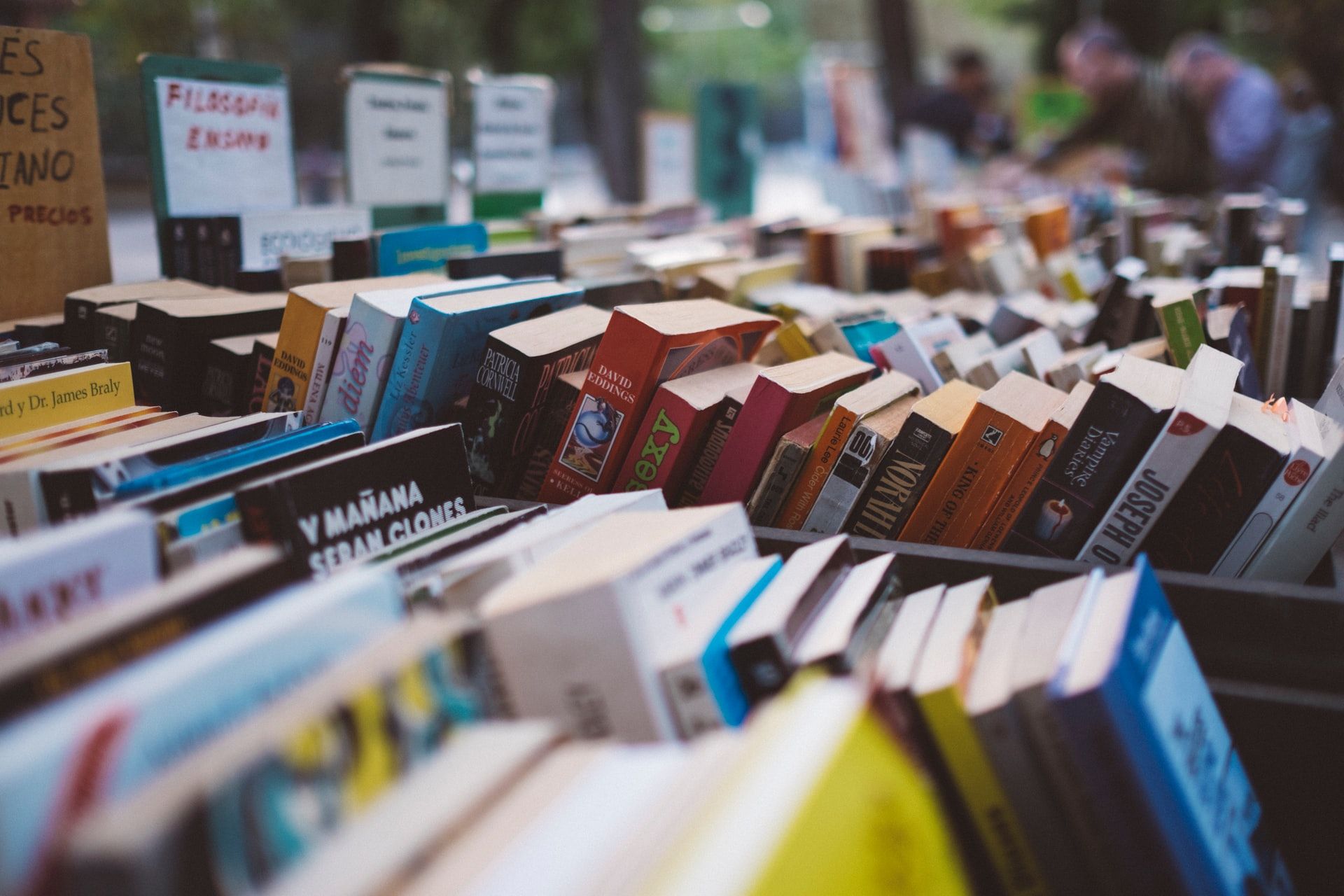F Sionil Jose is considered by many to be the literary doyen of his time. Today, he shares his invaluable knowledge to the scions of his field
As enjoyable as literature truly is, it's sometimes taken for granted. It can come off as old-fashioned, unexciting, or even tedious. But, as F Sionil Jose attests, literature is an "integral part of society, in fact, of civilisation itself".
Literature, at its core, is the story of an individual, bound by circumstances of time and humanity. "Writers are the keepers of memory, without which there is no nation," the National Artist proclaims. And in our country, where historical revisionism continues to be an issue of significant proportions, it's more important than ever for writers to know, keep, and understand their perspectives. "Filipino writers should always attempt to know their people and voice their aspirations so that they will not only make an impact but hopefully, contribute to the well-being of that society itself".
While Sionil Jose has decades of experience (and titles) under his belt, not everyone is as blessed. Fortunately, the Philippines is not a country to lack talent. In fact, many burgeoning writers—and timekeepers—of tomorrow are perhaps sitting at home today, with a book in hand or a computer screen in front of them.

To Writers, F Sionil Jose shares:
Memory and sentiment are never enough. You must master the craft of writing and use the language you know best—respect the word and know the rules before you break them. Having mastered the word, use it then as one would create a window—polished, untarnished, so that you can see clearly beyond the crystal. Don’t cover the frame with frills and fancy drapes for it is these decorations that will attract, and hide the view. Review, revise, rewrite till it hurts, till the hand that holds the pen is numb, till every sentence reads easily, every word in place and you know by then that the window is made.
You are a storyteller, a singer—so learn rhythm, music, resonance, narrative technique, until these are in your marrow. You can learn all these by writing letters, notes, exercises, journals. That concert pianist, that prima ballerina—every day they practise and limber up before they go on stage.



